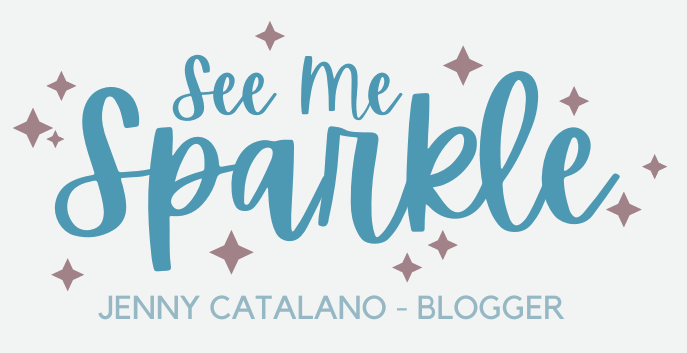When nurturing isn’t natural.
There is a complex dynamic between nurturing, neglect, and the interconnected impact on mother-child relationships. We are taught that a mother’s innate instinct is to nurture her offspring. This perceived, biological bond between mother and child fuels an inherent urge by the mother to fiercely love and protect her young. But what if this bond doesn’t exist?
Sometimes even nature can be flawed.
It is well documented that childhood neglect occurs in the absence of a nurturing environment. This neglect is a form of trauma that impacts the child well into adulthood. (Click here for more information.)
When the bond breaks.
There are some mothers who are not equipped to provide the loving, nurturing environment their children crave. They may provide the very basics such as food and shelter, and they may outwardly appear to be typical moms. But behind closed doors, the fundamental, emotional needs of the child go unmet.
When I was in my late 20s, I was visiting my parents with my then-husband. We were having a light-hearted conversation about how challenging parenting can be. We laughed about a particularly trying, though funny-in-retrospect, moment from my youth. I commented how we’d still do it all again, even knowing what we now know about parenting.
My mother chose this moment to jump into the conversation. She emphatically announced that, given the choice, she would NOT do it all again. As I processed this pivotal declaration, my dad quickly interjected in an attempt to soften her statement by saying, “Of course we’d do it again. She’s only joking.” My mother furiously told him not to speak for her. She then re-asserted the same unsettling message that, in her estimation, required no justification.
Is the inability to nurture an acceptable explanation for neglect?
What my mother revealed that day, while deeply hurtful, was not a surprise to me. It had been apparent for many years that mothering was not her strong suit. Rather, it was a burden and an obligation that led to resentment and regret.
Being on the receiving end of this truth affected me in profound ways. It is a component of the trauma I am working to heal. I suspect that my mother experienced trauma of her own that derailed the healthy development of loving and empathetic traits. Or maybe genetics was to blame.
Regardless of the reasons that contribute to a lack of nurturing, do we accept this behavior as immune to modification? Do we ignore the repercussions inflicted on those in its path? Whether it’s instinct, environment or some combination of the two that shapes the nurturing predisposition, is the outcome absolute when nurturing is non existent?
Or are there other factors at play that can alter an otherwise predetermined result?
What about choice?
While trauma likely contributed to my mother’s egotistical tendencies, could she have rejected these inclinations? Could she have made the choice to be a more loving and attentive mother in spite of her trauma? Aren’t we all are ultimately responsible for the people we become?
I say yes.
Inevitably, at some point on our journey, we reach a fork in the road where we must make a choice.
One path sees us doomed to carry a weighted chip on our shoulder, the victim of unfortunate circumstances. We convince ourselves that our past experiences robbed us of the ability to embrace the joy in life and we accept this as our fate.
If we walk the opposite path, we allow ourselves to acknowledge and accept the ways in which our past impacted us, however, we take the necessary steps to heal and move forward with a renewed outlook. We become aware that, although there is much work involved, we have the power to prevent past trauma from controlling us. We choose to be the best version of ourselves.
Understanding outcomes in the absence of nurturing.
There are many factors that contribute to the development of our personalities and our ability to be nurturing. While genetics play a part, life experiences, culture, relationships and community are key environmental influences.
None of these relevant factors negate the possibility of change. If the nurturing instinct does not come naturally or develop through modeled behaviors, it is possible for nurturing to be learned if there is desire and determination.
With a greater understanding of the relationship between nurturing and neglect, perhaps we can begin to minimize the occurrences of childhood neglect through education and intervention. It is also critical that we being to recognize that physical abuse is only one form of childhood trauma. We can no longer assume that what we can’t see does not exist.
Awareness can facilitate change.
My past trauma will not dictate the kind of mother I will be. I am driven by my desire to be more and to give more when it comes to my children. I fully intend to raise my kids to be confident individuals who not only know their worth, but know how deeply they are loved. And, as it turns out, my dedication to this outcome is becoming second nature.





